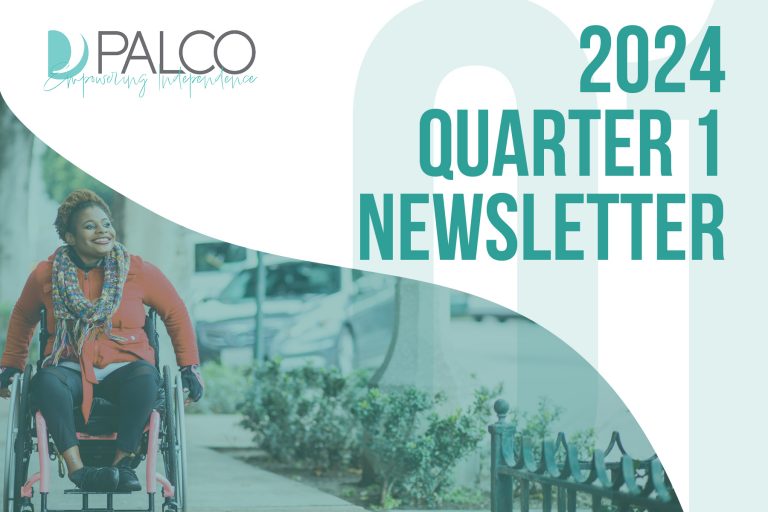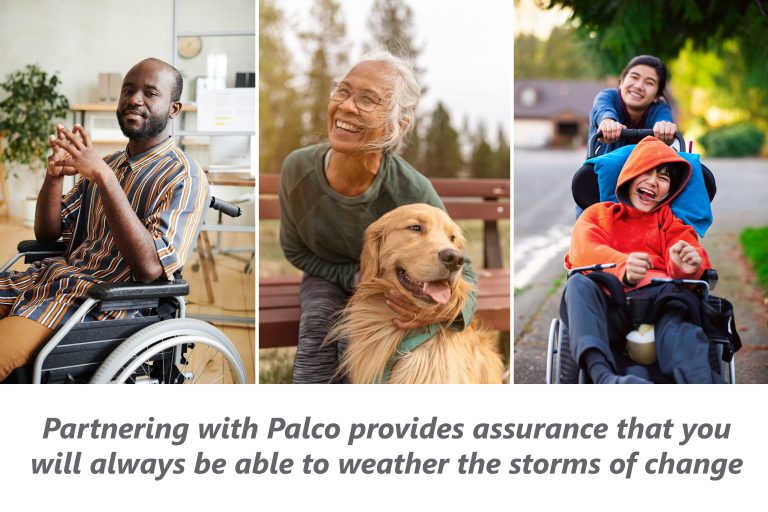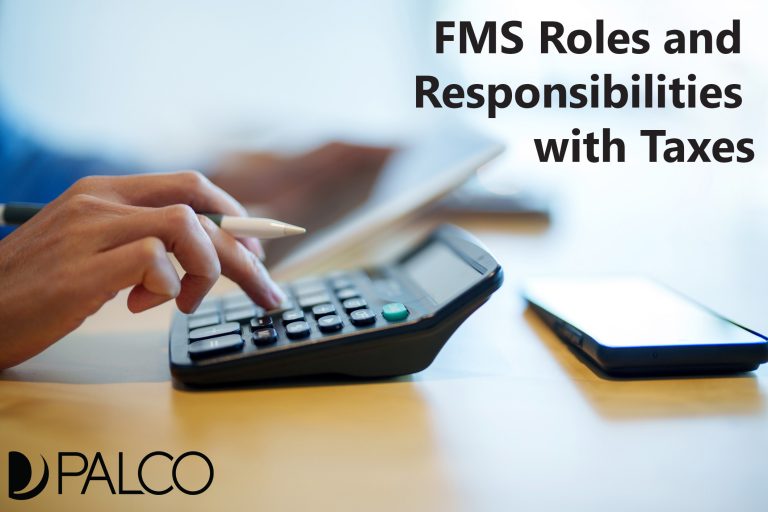Implementing EVV in Self-Direction
In case you missed it, the 21st Century Cures Act requires states to use Electronic Visit Verification (EVV) for any Medicaid-funded personal care services. Failure to comply with this requirement results in a reduction of the state’s FMAP (Federal Medicaid Assistance Percentage). EVV electronically captures the type of service performed, who received the service, who provided the service, the date the service was provided, when the service began and ended, and the location of the service.
Palco was grateful for the opportunity to present on Best Practices for Implementing EVV in your Self-Directed Program at the Advancing States 2020 HCBS Conference. Self-direction presents some uniqueness with the implementation of EVV that other home care delivery models do not typically see. FMS providers play an important role in implementing EVV. Therefore, it is critical they are involved, and the uniqueness of the service is considered.
What are some of the special considerations of implementing EVV in self-direction?
- Employer Authority – Keeping this in the hands of the Participant/Designated Employer is crucial. They are the ones scheduling and managing their attendants’ visits and care. The FMS and EVV mandates should not get in the way of that.
- Edits and Exceptions – When caring for people with complex needs and dealing with technology, we must always plan for unforeseen situations. There must be an allowable and secure mechanism for making edits and adjustments to shifts. It is also important that it is user friendly. Self-directing employers ARE NOT home care agencies. They do not employ the staff or resources to work in software where they are clearing exceptions and reviewing claims. Instead, the focus is on the care and the ease to capture these shifts.
- Approvals – Both the employer and worker have a responsibility to review and approve their time before it goes to payroll. This should be accomplished without any stress to the users. Having a simple time-entry portal can ease this burden and stay within compliance.
- Training – Providing initial training that includes live webinars, recorded videos, and instruction manuals helps the transition to EVV be a smooth transition. Continuing that training and providing resources only enhances the experience and creates a sense of independence and empowerment. Employers are then able to train their self-directed workers on an ongoing basis as turnover and new aide recruiting occurs.
- Integration- When working with the state or MCOs, it is best to make sure that the technical specifications for the FMS system align among the multiple outlets being used. This could include an MMIS/Claims system, EVV Vendors, or state aggregators for example. Developing a strategy early in the process allows for a proper amount of time for development and testing to occur prior to a “go-live” date.
So, what makes Palco the right selection for self-direction when it comes to EVV?
Palco’s approach to EVV is thoughtful and encompasses the perspectives and needs of all involved parties. States/MCOs, Self-directing Employers, Workers and the FMS all get what they need in an easy and user-friendly solution. Palco has partnered with Fiserv, the nation’s largest EVV vendor, to provide a seamless approach that is compliant with the 21st Century Cures Act and provides state-of-the-art tools.
Check out our whitepaper below:

by Cody Waits
Enrollment and Training Manager








